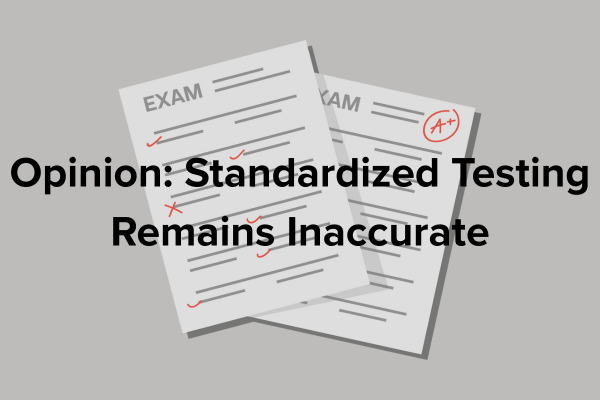Students in America today have plenty of opportunities to become educated. However, according to BoostUp, the current dropout rate for Texas has reached 35%, with the United States as a whole averaging at 31%. Dallas Morning News has found the amount of money Texas spends per student, which adds up to about $9,227. This makes for a significant amount of money spent on students who drop out of school. Preventing this wasteful funding may be the key to furthering education for students who will actually use it.
The first way to limit wasteful spending in education could be to encourage students to stay in school. Incentive programs can be used to keep a student interested in education. It allows them to look forward to the long term gain of education, as well as exciting them with something more immediate and gratifying. Incentives have empirically helped to improve performance in anything from school to the work place. By using part of education funding to create incentives for students, drop out rates can decline and increase the effectiveness of the funding itself.
The second way to limit wasteful spending would be to create a system of government funding based on the educational merits of certain groups of students. For example, a regular math class of students has an average grade of 81. An advanced placement class of students has an average grade of 89 in their class. According to the Advanced Placement Program, AP students are less likely to drop out, and more likely to go on into advanced study programs. With the higher grade average in AP classes, and the lower drop out rate, it would be prudent to give more funding to those classes based on the merits they display, so that they can further increase their academic achievements.
There are some downfalls to these approaches, however. The first being the obvious question of whether these ideas would work. Drawing the line between which classes deserve funding and which ones don’t creates quite an issue. Aside from that, incentives are questionable as sufficient motivation to perform better. According to a study by Roland G. Fryer, Jr. of Harvard University, incentives based on expecting student output are generally ineffective in motivating students to perform better. On the other hand, the same study shows that incentives based on student input have the potential to be very effective in motivating students to perform better.
Explaining merit based funding to parents of students proves to be another downfall of this funding. Hearing their children will receive less money for education might set some parents off in the wrong direction. The implications of such a bold move may make the arguing point for merit based funding less valid. The last point to look at in this case becomes where to draw the line in terms of ethics. It would appear more beneficial to further education for educated students if the students in regular classes aren’t going to perform any better regardless.
Attention should be brought to state representatives of the potential to make funding more efficient. If this is done, education can be furthered, and students who wish to will be able to achieve much more than previously thought.















